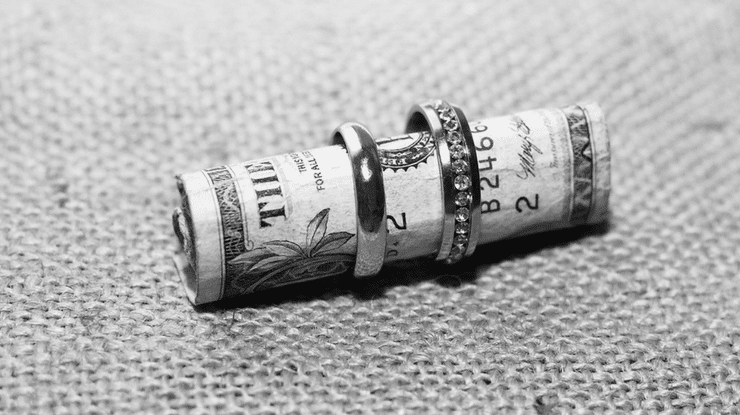I promise. You don’t need a boat load of money to build wealth. What you do need is to: Spend less; Save more; Invest wisely.
The first two are self-explanatory. Investing, however, is where most people trip up, which is not surprising, given that there’s an entire industry dedicated to making investing sound difficult and confusing.
Let me share with you 5 tips that really helped me finally understand investing (with links to learn more).
- EDUCATE YOURSELF
There are only 5 places to invest (called asset classes)—stocks, bonds, real estate, cash and commodities. Your first task is to learn the difference between these assets classes. http://bit.ly/lucrepersonalfinance
- DON’T KEEP EVERYTHING IN CASH
Cash in the bank, or under the mattress, may feel “safe.” But long term, you’re putting yourself at great risk. To ensure you don’t outlive your money, at least a portion needs to be in assets that grow faster than inflation and taxes take it away. If inflation averages 3% and your money is sitting in an account paying 1%, your buying power will significantly shrink over time. (Why Cash May Not Be as Safe as You Think)
- UNDERSTAND THE RULE OF 72
This rule explains how long it will take to double your money—by dividing the interest rate or compound return into 72. Let’s say you own a fund that returns 8% annually. 72 divided by 8 equals 9…so it’ll take 9 years to double your money. Put that same amount in the bank, paying 1% interest, it’ll take 72 years to double. (Rule of 72 Definition & Example | InvestingAnswers)
- MINIMIZE MARKET RISK
It’s true, the market, like a roller coaster, feels really risky. But price swings only matter when you sell. To significantly diminish the risk of loss and increase the potential for gain:
Have a longer time frame. Money you need is less than 3 years should be in cash. Everything else should be invested. The Importance Of Time Horizons For Investing (And Beyond)
Be well diversified, spreading your money among different asset classes. https://www.nerdwallet.com/blog/investing/diversification
- SEEK SUPPORT
The whole point of investing is to make sure your money is adequately allocated to meet your short and long term goals. To figure out the best diversification for you, consult a Fee Only Certified Financial Planner. Start with: www.garrettplanningnetwork.com
If you enjoyed this Words of Wealth, click here to receive a copy in your inbox every week.










